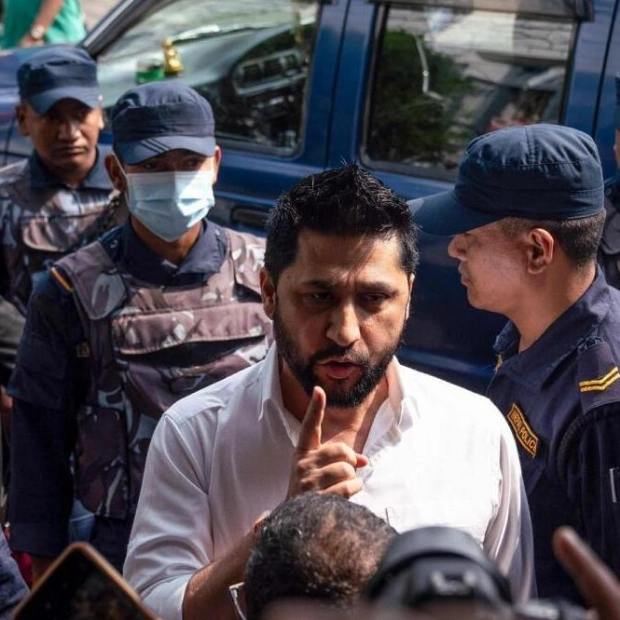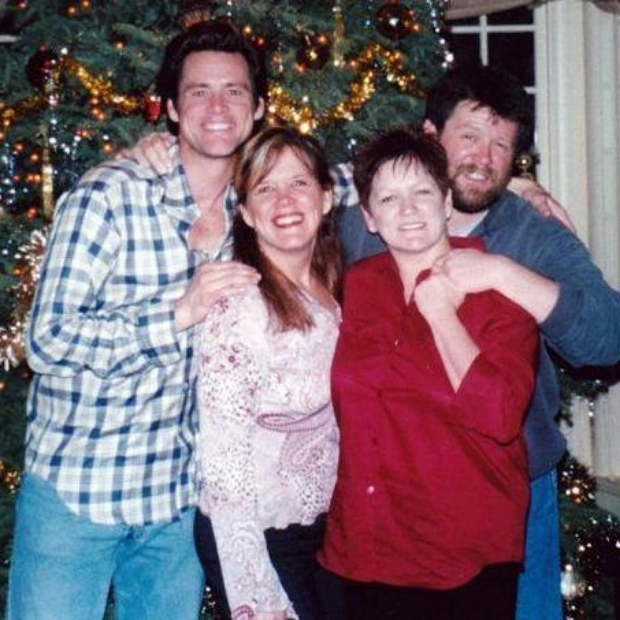People gather in the courtyard of the Azariyeh complex in central Beirut, providing shelter for those displaced from southern Lebanon due to ongoing conflict, on October 15, 2024. — AFP
Israel has issued military evacuation orders affecting over a quarter of Lebanon, according to the UN refugee agency, two weeks after Israeli forces began operations in southern Lebanon against Hezbollah. These orders highlight the significant impact on Lebanon as Israel aims to dismantle the Iran-backed militant group and its infrastructure in their ongoing conflict. Rema Jamous Imseis, the UN refugee agency's Middle East director, stated that new evacuation orders for 20 villages in southern Lebanon mean that more than a quarter of the country is now affected. 'People are responding to these evacuation calls and fleeing with almost nothing,' she said during a briefing in Geneva.
Israeli strikes have resulted in at least 2,309 deaths over the past year, according to the Lebanese government, with over 1.2 million people displaced. Most of these casualties occurred since late September when Israel intensified its military campaign. The figures do not differentiate between civilians and combatants. Israel reports that around 50 of its citizens, both military personnel and civilians, have been killed.
Israel's operations in Lebanon are aimed at securing the return of tens of thousands of residents who fled their homes in northern Israel due to Hezbollah attacks. On Monday, Israel expanded its bombing campaign in Lebanon, resulting in the death of at least 22 people in an airstrike on a house in the north where displaced individuals were seeking refuge from Israeli strikes in the south, according to health officials. UN human rights office spokesperson Jeremy Laurence highlighted concerns about the strike in Christian-majority Aitou, calling for an investigation into whether it complied with the laws of war.
Rescue workers continued to retrieve bodies from the rubble in Aitou on Tuesday, as reported by local media. Israel has not commented on the Aitou strike but maintains it takes all necessary precautions to avoid civilian casualties. The primary areas of Israel's military operations in Lebanon include the Bekaa Valley, Beirut's suburbs, and the south, where UN peacekeepers report multiple instances of Israeli fire hitting their bases and causing injuries.
Israel's military reported that about 20 projectiles crossed from Lebanon into Israeli territory after sirens sounded in Haifa Bay and Upper Galilee areas, with some being intercepted. The widespread displacement in Lebanon during Israel's military campaign has reignited fears of sectarian conflict. Lebanon's population comprises over a dozen religious sects, with political representation divided along sectarian lines, a structure that fueled the intensity of the 1975-1990 civil war.
The US continues to support Israel in its conflicts, despite concerns over civilian casualties. The Pentagon announced that components for an advanced anti-missile system had begun arriving in Israel on Monday, with full operational capability expected soon. The UN Security Council expressed strong concern after several peacekeeping positions in southern Lebanon came under fire again.
Prime Minister Benjamin Netanyahu declared that Israel would continue to attack Hezbollah 'without mercy, everywhere in Lebanon – including Beirut.' The Middle East remains on high alert for potential Israeli retaliation against Iran following an October 1 missile barrage in response to Israel's assaults on Lebanon. Netanyahu's office stated that Israel would consider US advice but act according to its national interests.
Qatar's emir accused Israel of exploiting 'international inaction' on the Middle East crisis to expand beyond its aggression in Gaza, building more illegal settlements in the occupied West Bank and deploying troops in Lebanon. Sheikh Tamim bin Hamad Al Thani stated in his annual speech to open Qatar's Shura Council that Israel 'deliberately chose to expand the aggression to implement pre-planned schemes in other locations such as the West Bank and Lebanon because it sees that the scope for that is available.'






